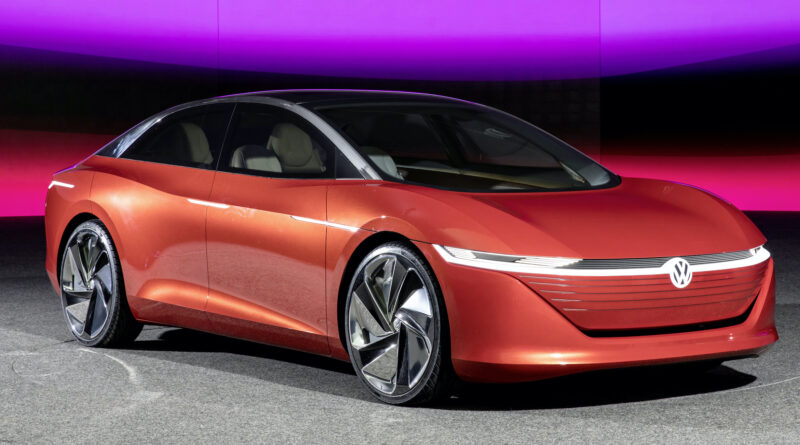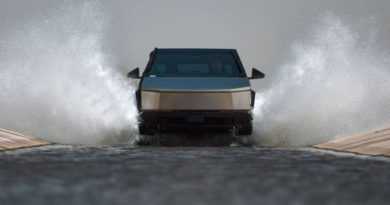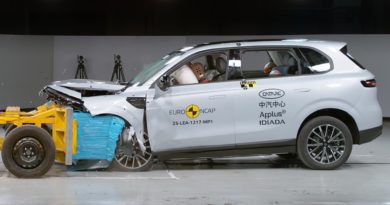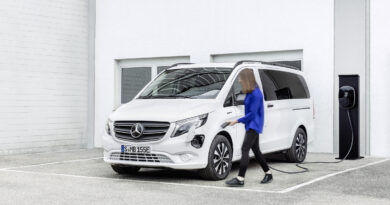Volkswagen announces Tesla Model S rival with Project Trinity
While Volkswagen has just started its massive battery electric vehicle roll-out, it has already revealed the first vehicle with next generation tech will be with us in 2026.
Dubbed Project Trinity, it will be an electrified rival for the Tesla Model S based on a second generation of VW’s BEV-specific MEB architecture that focuses heavily on artificial intelligence and digitalisation.
The first generation is featuring under the Volkswagen ID.3 hatch and ID.4 SUV, as well as the Skoda Enyaq iV that are all heading on-sale in various markets now.
Sadly, in Australia the arrival of Volkswagen’s BEVs has been delayed by the slow embrace of EVs by the federal government. Without emissions regulations and strict targets to hit it makes more sense for Volkswagen to focus on those markets where penalties apply for not meeting them.
Trinity links in with Volkswagen-owned Audi’s Project Artemis, which is a fast-acting skunkworks designed to bring BEVs to market quicker that the orthodox legacy auto manufacturer production process allows.
Yep, they’re thinking about Tesla there!
Tesla – which overtook Toyota to become the world’s most valuable car maker and recently saw its share market capitalisation top $1 trillion – is a major target for Volkswagen. The German brand has vowed to overtake the Californian-based brand by 2023.
An exciting aspect of Trinity is it would likely feature the QuantumScape solid state batteries that Volkswagen has invested in. VW is forecasting new standards for range and charging from Trinity.
While references to a new-generation Volkswagen BEV flagship popped out late last year, trhe brand’s global brand manager Ralf Brandstatter filled in more details in an interview with Germany’s Automobilwoche.
“The car represents the next generation of electric mobility,” Brandstatter said. “The Trinity is set to become an innovation leader for the Volkswagen brand.”
Not only that, Brandstatter said it was forecast to sell 300,000 examples per annum, making it a big volume EV.
He also revealed Trinity would be built at Volkswagen’s Wolfsburg home base using new standards of production: “Wolfsburg will then become the flagship for efficient production.”
Brandstatter confirmed Level 3 autonomy for Trinity and that it would be ready for Level 4, the latter meaning no driver intervention required in specific situations: “We want to show that autonomous driving can be offered in a volume model.”
That will be possible because Artemis will use new-generation software when cars that it has influence on from Audi and fellow VW-owned luxury brands Porsche and Bentley start rolling out in 2024. Trinity will be the first VW-badged vehicle to use the new software.
In a separate Linkedin post, Brandstatter described Trinity as a “highly efficient flat seat concept with an iconic design”. Maybe something like the ID Vizzion concept at the top of this story.
He also gave Tesla a poke when he referred to the future of Wolfsburg in his Linkedin post.
“We will demonstrate that you can build innovative electric cars in a highly efficient and economical way not only in Berlin,” Brandstatter wrote, referring to Tesla’s new European factory that is due to open in Gruenheide near Berlin in July.




